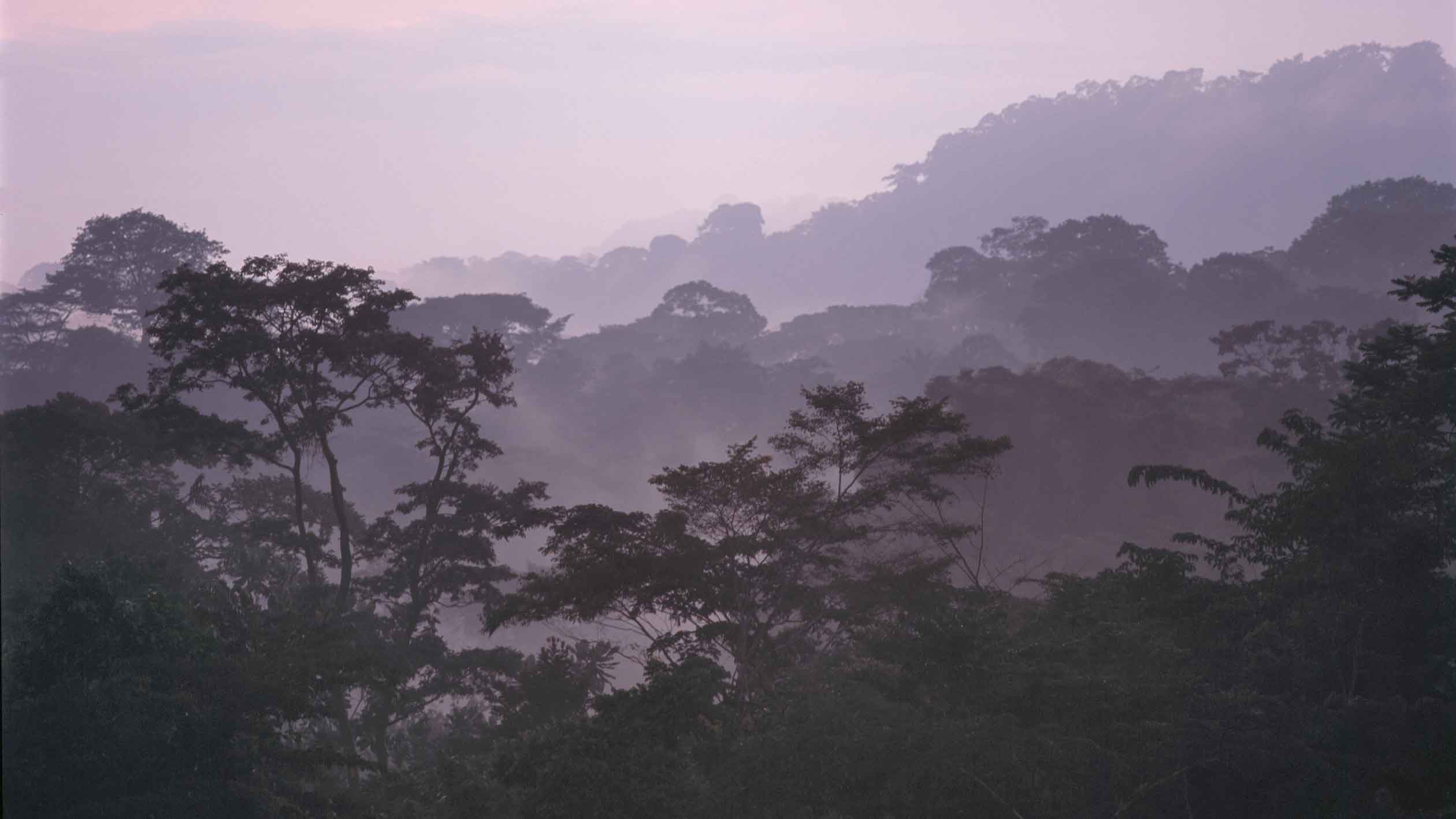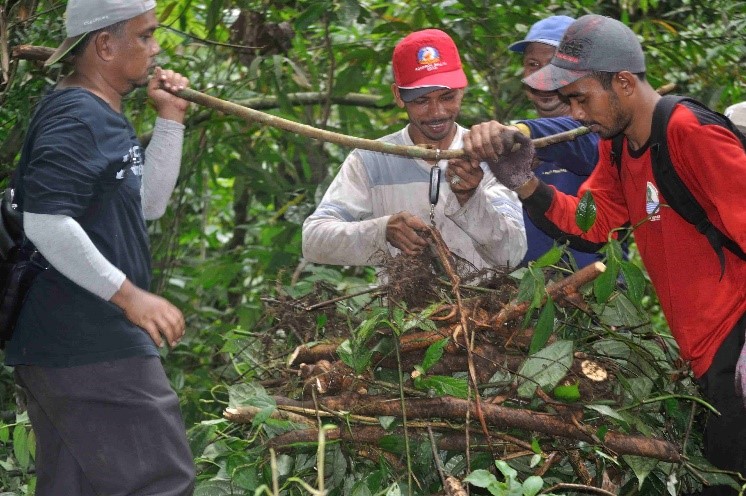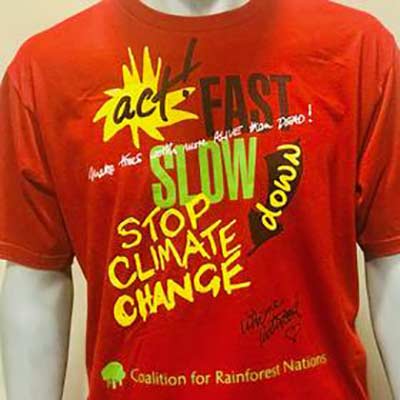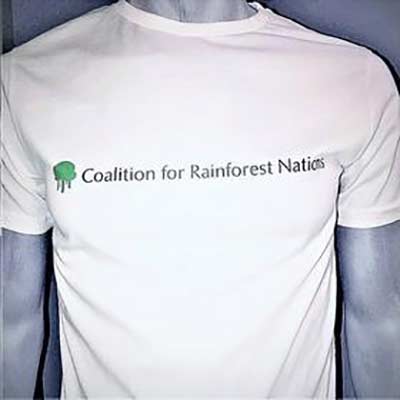
A Decade of REDD+: Notable Achievements by Forest Nations
This year marks the 10th anniversary of REDD+ implementation. Since the Warsaw Framework for REDD+ was adopted in 2013, 60 developing countries have reported activities to reduce deforestation and forest degradation to the UN Climate Change secretariat.
UN Climate Change News, 29 November 2023: Healthy forests play a crucial role in mitigating climate change by acting as carbon sinks, absorbing billions of metric tonnes of CO2 annually.
REDD+ activities implemented by developing countries cover a forest area of about 1.35 billion hectares – approximately 62% of forest area in developing countries. Moreover, 17 countries reported a reduction of 11.6 billion tons of carbon dioxide, fulfilling the requirements to obtain results-based finance.
As we celebrate a decade of activities to ‘reduce emissions from deforestation and forest degradation in developing countries and additional forest-related activities that protect the climate’ (REDD+), we look at progress achieved under this framework in eight developing countries.
Belize, Gabon, Indonesia, Peru, Saint Lucia, Suriname, Thailand and Togo have shared their experiences, providing insights and lessons learned that will prove very valuable in shaping the next REDD+ decade.

Field measurement carried out in Indonesia. Credit: Government of Indonesia
REDD+ implementation
There were different starting points for countries as they embarked on their REDD+ journey. Peru started the process by establishing a Ministry of the Environment, while Saint Lucia joined the Coalition for Rainforest Nations (CfRN).
In high-forest cover and low-deforestation countries, such as Gabon and Suriname, initiatives to conserve forest cover were already in motion in the 1990s, pre-dating international discussions on REDD+.
In the readiness phase, all countries developed a REDD+ Roadmap and/or National Strategy, consulted with relevant stakeholders, including indigenous communities, and received support to build capacity.
Stakeholder awareness, consultation and involvement were crucial for the successful development of REDD+ activities. All countries stressed that indigenous communities, whose lives rely heavily on forests, as well as youth and women were key stakeholders in the process.
Additionally, private companies and NGOs often played pivotal roles in establishing the building blocks for REDD+ implementation, such as forest-area mapping, monitoring and reporting.
Technical support also played a vital role in REDD+ implementation. In several cases, a National Forest Monitoring System (NFMS) – one of the requirements for receiving results-based finance – and a National Forest Inventory (NFI) were developed, with support from partner organizations such as the UN-REDD Programme, the Forest Carbon Partnership Facility, and the CfRN, among others.
Workshops were also provided to build capacity towards implementing the Warsaw Framework for REDD+ and the ‘Collect Earth’ tool to gather activity data.
REDD+ contributions to monitoring and reporting
With the aim to reduce deforestation and forest degradation, REDD+ has also spurred national capacity improvements, contributing to build robust forest monitoring and reporting capacities and incorporating the latest technologies.
In Togo, for example, the first NFI was established through the active involvement of national staff, with the support of the German Agency for International Cooperation. This hands-on approach enabled the country to take full ownership during the second NFI development.
All eight countries made significant advances in data quality and availability, leading to improved greenhouse gas inventories. Furthermore, REDD+ has fostered the development of analytical capacities, such as uncertainty analysis. The establishment of a NFMS has allowed some countries to gain a better understanding of the conditions of their national forests.
Capacity development has proved crucial in advancing the quality of national reporting. The Nationally Determined Contributions (NDCs) of these eight countries clearly show the linkage with REDD+ activities in achieving their mitigation targets.
Further capacity-building through REDD+ will contribute to raising ambition in the forest sector in the 2025 NDC submissions.
Ambition challenges
Lack of predictable and adequate finance and technical capacity for monitoring, data collection and analysis are some of the challenges faced by developing countries when aiming to increase REDD+ ambition. Increased capacity-building, including South-South cooperation, is also essential.
Countries emphasize that continued mitigation efforts in the forest sector are dependent on new, additional and predictable results-based finance for REDD+ results.
To build on the achievements of the past decade, finance is thus essential, but also ensuring that communities are empowered during the implementation of REDD+ activities in developing countries, to pave the way for more sustainable forest management and conservation.
Learn more on the REDD+ Web Platform
This article was originally published by UNFCCC


